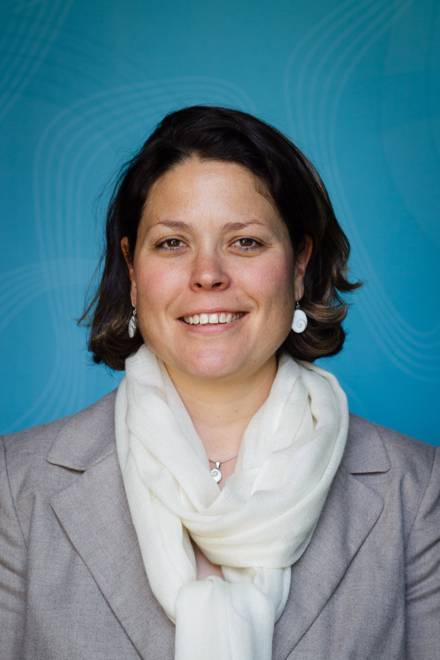I am a political economist focusing on socio-economic development, natural resource management, the education sector, and civil society. I use both quantitative and qualitative research methods, and have experience in formulating policy advice for a range of stakeholders.
Dr. Dupuy holds a PhD in political science from the University of Washington, and has worked and consulted for a number of policy-focused institutes, including the U4 Anti-Corruption Resource Centre and Chr. Michelsen Institute, the World Bank, the Natural Resource Governance Institute, and the Human Security Report Project.






